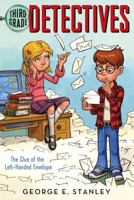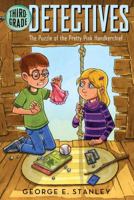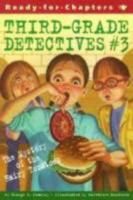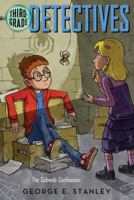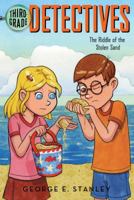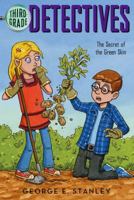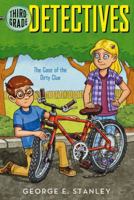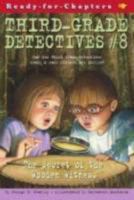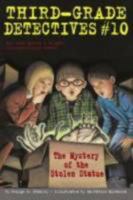The Law of Attraction Without Magical Thinking: Master Edition
Select Format
Select Condition 
Book Overview
Book 1: The Law of Attraction Without Magical Thinking This invaluable resource is not just another book on manifesting your desires like magic. The words contained within are beyond what is typically discussed, even by fully trained Law of Attraction advocates. This book will completely change your view of the "new age" thinking behind the Law of Attraction and give you a clear understanding of what it really means to create positive changes in your life. Whether it be for wealth, happiness, career, love, or health, you will realize the unmistakable truth, the secret if you will, to the mystery of getting what you want. Every mind is creating reality at this very moment. It's not some "magical" force from a fairy tale world that's behind how this happens. It is backed up by scientific evidence and cold hard facts. You will also discover the link between hypnosis, meditation, and other paradigms of the Law of Attraction in action, and how our reality is affected. Possibly one of the biggest secrets unveiled in this book is that things are not attracted to you. In fact, it is you who are attracted to things. There is no magical thought that will bring the things you desire into your life without first speaking these thoughts directly into your subconscious, where they can penetrate a deeper level of awareness. This in turn will bring you the conscious clarity to pursue your dreams and make them happen. This new way of using the Law of Attraction is called the Wilkes Method, the brainchild of mental sciences expert, Brian Wilkes. His "quantum unicorn-free" approach is both refreshing, and completely revolutionary. It is matter-of-fact and straight to the point. Find out why so many people fail to bring their dreams to reality using traditional methods. Wilkes outlines reasons why LOA has not worked for you yet, and describes in remarkable detail what you can do to turn things around and get your positive energy flowing, which in turn opens the doors of opportunity and practically shoves you through them. Book 2: Passion Precedes Profit What do you really want from life? Your dreams are trying to tell you, but you must pay attention Becoming brutally honest about what you want from life is the first step to designing the goals and targets to get you there. In this sequel to The Law of Attraction without Magical Thinking, author Brian Wilkes moves on to simple, effective dream work, goal setting, and time management strategies for the time challenged Find out how you can increase your productivity and work efficiently without sacrificing precious time Discover what type of "time waster" you are, and which time management strategies will help you overcome obstacles you face when managing your time. Learn the #1 way to end procrastination and maximize your time, so you are on time, every time Discover the top 5 time wasters you identify with, and the steps you can take to prevent them from consuming your time. Learn the top 7 characteristics all types of time "wasters" share and what you can do to overcome them. Book 3: Continuing Resolutions Almost 88% of resolutions fail. The linkage between New Year's and resolutions is one reason. If your resolutions failed by the end of February, don't beat yourself up; you were actually set up for fail by your parents, your elementary school teachers, and Santa Claus Many fail at resolutions because they don't really want change, they subconsciously want to revert to their default settings of life. They state their resolutions in negative rather than positive terms. They don't make their resolutions emotionally charged, giving the WHY as well as the WHAT and WHEN. They set unrealistically short or long deadlines. They also don't understand that to work, resolutions must be made and re-made CONTINUOUSLY
Format:Paperback
Language:English
ISBN:1505679966
ISBN13:9781505679960
Release Date:December 2014
Publisher:Createspace Independent Publishing Platform
Length:288 Pages
Weight:0.85 lbs.
Dimensions:0.6" x 6.0" x 9.0"
Customer Reviews
8 customer ratings | 5 reviews
There are currently no reviews. Be the first to review this work.













